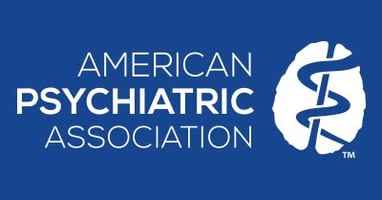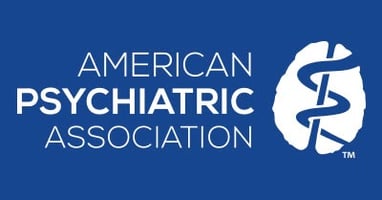APA CEO and Medical Director Saul Levin, M.D., M.P.A., sent a letter on Monday to Seema Varma, the...
Relaxed Telehealth Regulations Need to Continue Post Pandemic, Experts Tell Congressional Leaders
 |
The briefing, titled “Collective Crisis: Preparing for America’s Next Wave of Mental Health and Substance Use Disorder Needs With Telehealth,” was hosted by APA and the National Alliance on Mental Illness (NAMI). The panel included Peter Yellowlees, M.B.B.S., M.D., of UC Davis; Shabana Khan, M.D., of NYU Langone Health; and Jodi Kwarciany of NAMI. Yellowlees is the co-editor of Telepsychiatry and Health Technologies from APA Publishing.
Rep. Bill Johnson (R-Ohio) and Rep. Paul Tonko (D-New York) also made remarks during the briefing. Johnson is one of the sponsors of the CONNECT Act (HR 4932), which would expand access to telehealth services for mental health treatment. Tonko recently worked on a bipartisan letter to House and Senate leaders asking them to extend tele-mental health services beyond the COVID-19 emergency.
Geller commended Congress and the Trump administration for taking steps to reduce barriers to telepsychiatry, such as allowing Medicare beneficiaries to receive treatment in their own home and through audio-only appointments when necessary. “The evidence is clear that psychiatric care provided by telehealth is as effective as in-person psychiatric services,” he said. He urged lawmakers to make some of these changes permanent, including the following:
- Remove geographic restrictions on tele-mental health care.
- Allow patients to be receive treatment via telehealth in their homes, as the CONNECT Act does.
- Waive the Ryan Haight Act requirement that stipulates any physician issuing a controlled substance must conduct an initial, in-person medical evaluation.
- Allow audio-only telehealth care when appropriate.
Yellowlees and Khan, both members of APA’s Committee on Telepsychiatry, shared stories about how the loosening of telehealth regulations have helped them reach more patients and continue care for others during the pandemic. Yellowlees described one patient, a physician diagnosed with bipolar disorder, who has been able to avoid hospitalization thanks to being able to meet regularly with Yellowlees through telehealth.
“I hope that it’s very clear to people that the reduction of these regulations has been really very positive,” Yellowlees said. He implored all the participants in the meeting “to do their best to maintain this current situation long term.”
“What we’ve found is that individuals who have a significant amount of anxiety may actually feel more comfortable with the distance that this technology affords them,” Khan said.
Kwarciany noted that the pandemic is causing symptoms related to anxiety, depression, and substance use disorders to rise, but it has also allowed for change and innovation to connect patients with care in a very short time. “It’s really critical that we keep this momentum going, maintain a lot of these existing flexibilities, … and pressure policymakers to address these barriers across locations, populations, and forms of coverage so that everyone can receive the right care at the right time.”
(Image: iStock/TommL)
Serve Your Profession as an APA Trustee
Nominate yourself or a colleague
 |
Access Nomination Requirements and Form
(Image: iStock/IIIerlok_Xolms)





